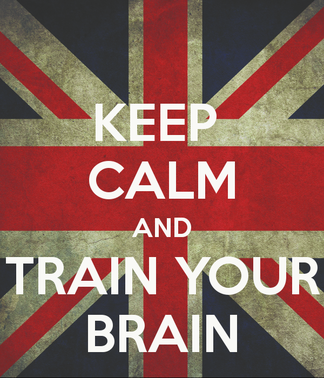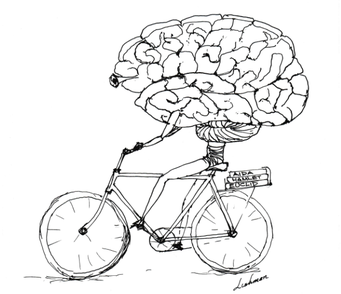Sign up...Join The Mindful Performer community to receive updates on upcoming workshops and new resources
|
|
|
What do you think the number one predictor of performance excellence is? Level of experience? Quality of teacher? Amount of practice? Moderation of nerves? Level of precision? These can all certainly make a difference, but even with all these things in place, there is one factor, without which, your performance will never shine.
0 Comments
Ask any performer what is necessary for success and they will quickly reel off a list as long as your arm… lots of practice, hard work, support, luck, maybe even a big bank account or a sugar daddy! Arguably the most important elements for success are often overlooked. It doesn’t matter how much technical expertise you develop, how many scales you practice, or how much hard work you put in, without developing the core psychological skills for peak performance, even the great virtuosos would struggle.
I’m often asked how performance coaching works and what to expect, so I asked one of my clients if I could share her story. I’ve changed the name for her privacy, but to be honest, this story reminds me of most of my clients! I hope you find it useful to get a better understanding of how performance coaching works and how it could benefit you:) If I only ever managed to write one blog post, this would be it: the essential message that I desperately want every performer to hear...
I really enjoyed reading a Guardian article this week entitled “It’ll be alright on the night: how musicians cope with performance stress” - not least of all because it highlighted a number of points that I’m constantly reiterating, and it’s always nice to hear someone agreeing with you!
If I had a penny for every time I heard someone complain that their performance was great in the rehearsal room, but then fell apart when they got on stage… It is usually uttered with an incredulous look that says ‘I don’t understand what went wrong!?’, but unfortunately, the answer is pretty simple! So many people train the part of their brain responsible for playing their instrument, but forget to train the part that is controlling their performance. We assume that our fingers, lips, tongue or vocal chords won’t work with the speed and accuracy required unless we train intently, and yet we expect to handle the pressures and adversities of performance situations with little to no training at all. This wouldn’t be such a big deal if we were naturally equipped to handle the pressures of performance - but we aren’t! Let me explain…
We all know that exercise provides extensive physical benefits - this is far from groundbreaking news - but as much as I knew the statistics, and even enjoyed exercise, it was too often the thing on my to-do-list that got pushed to tomorrow… or perhaps the next day. I always seemed to have far too much practice to do to have time for a walk, or would feel guilty if I was to take time out to do a yoga class. Until I discovered the impact that exercise has on our brains…
Ever struggled to break a bad habit? Felt like you were practicing, but nothing was changing? Wished you could stop the negative thoughts that run through your brain in an audition?
To understand how best to practice, how to stop a bad habit or how to change our negative thoughts, we first need to understand their origin: our brain. Welcome to The Mindful Performer!Throughout this blog, I will be sharing my thoughts and insights, based on the latest performance psychology research, to inspire and enable your peak performance. Whether you are a singer, instrumentalist, actor, dancer or public speaker a life in performance is both thrilling and rewarding, but it can also be a great challenge, marred with regular rejection, scrutiny, crippling challenges to self esteem, self-doubt and gruelling schedules. In this modern, competitive world, where there is always someone else to take your place and where bottom lines regularly trump the nurturing of talent, we need to address the limiting beliefs and thoughts that hold us back, and recognise the capacity of our brains to empower rather than derail us. If we don't, we are likely to be left behind.
|
|
|
© Amy Radford 2014. ABN: 369 713 854 88. Contact
|


